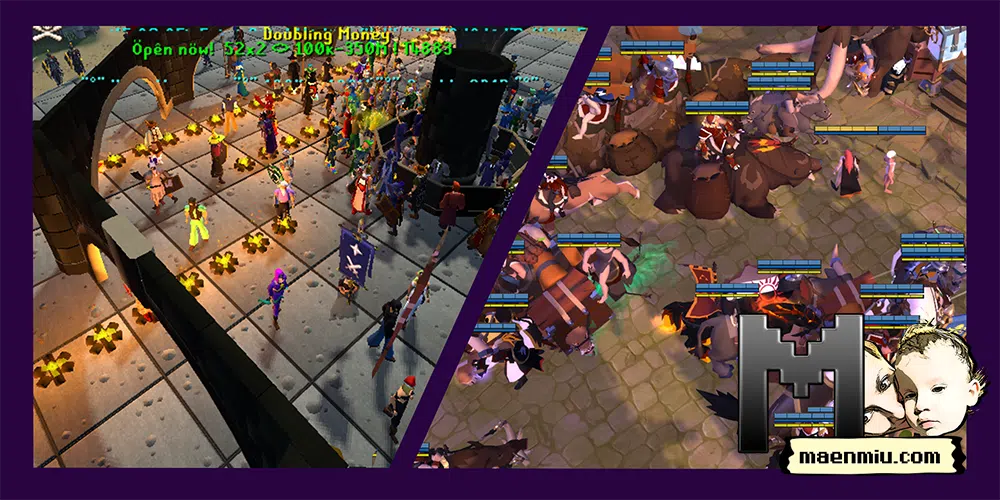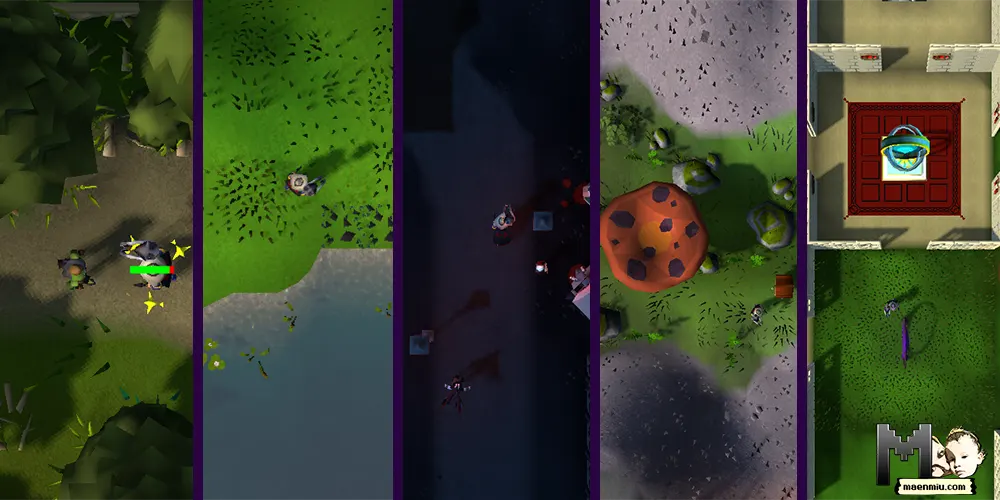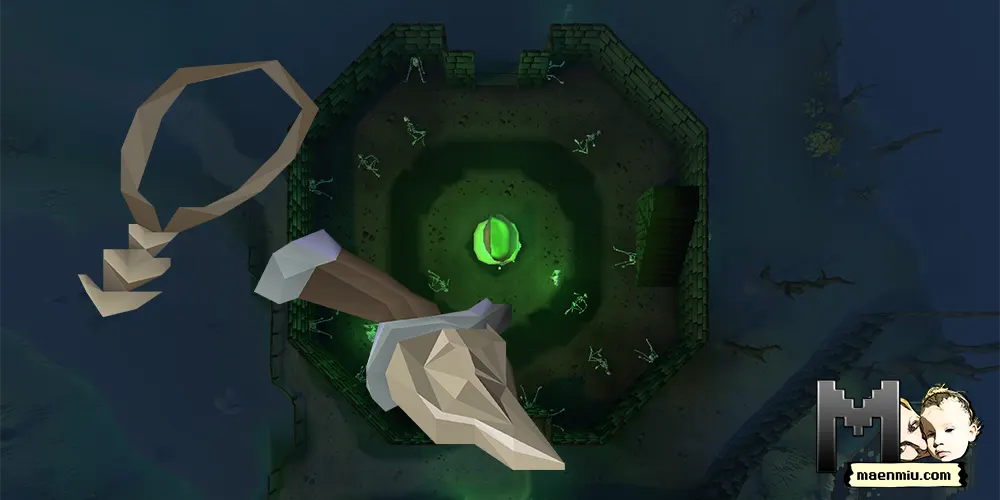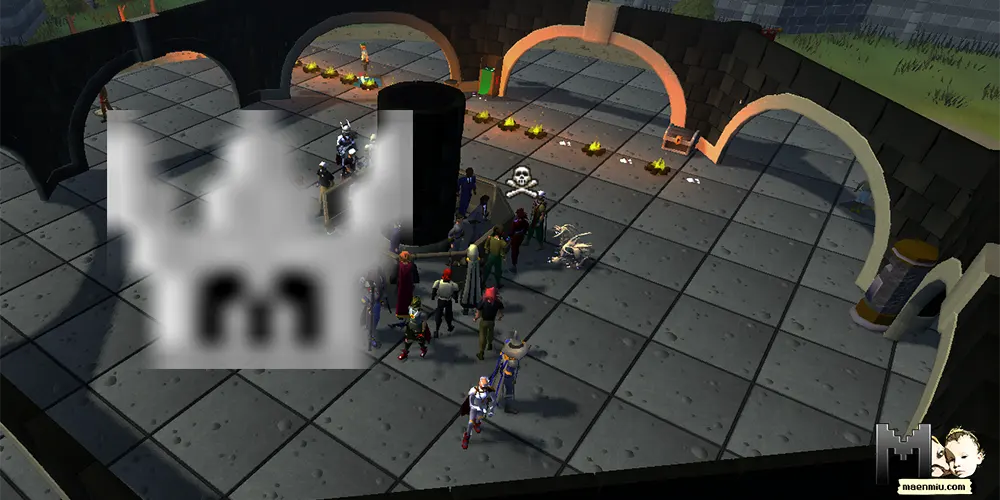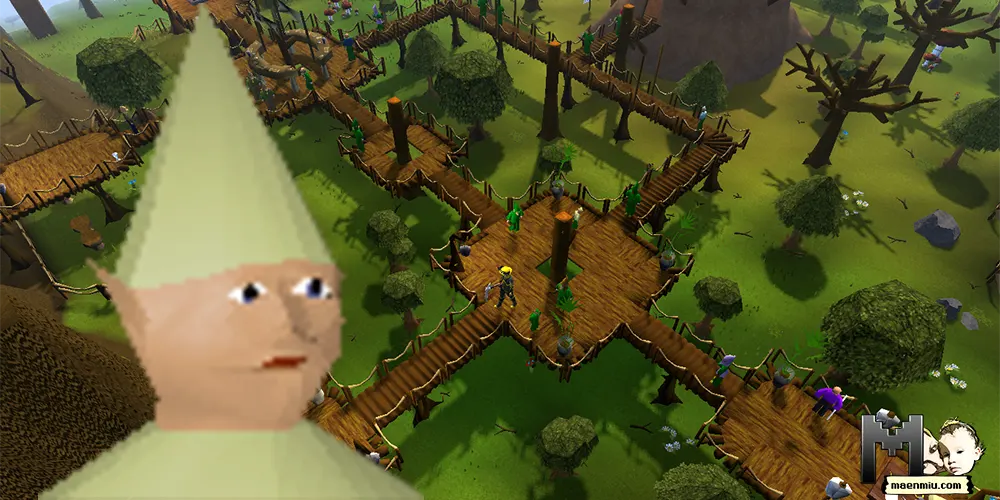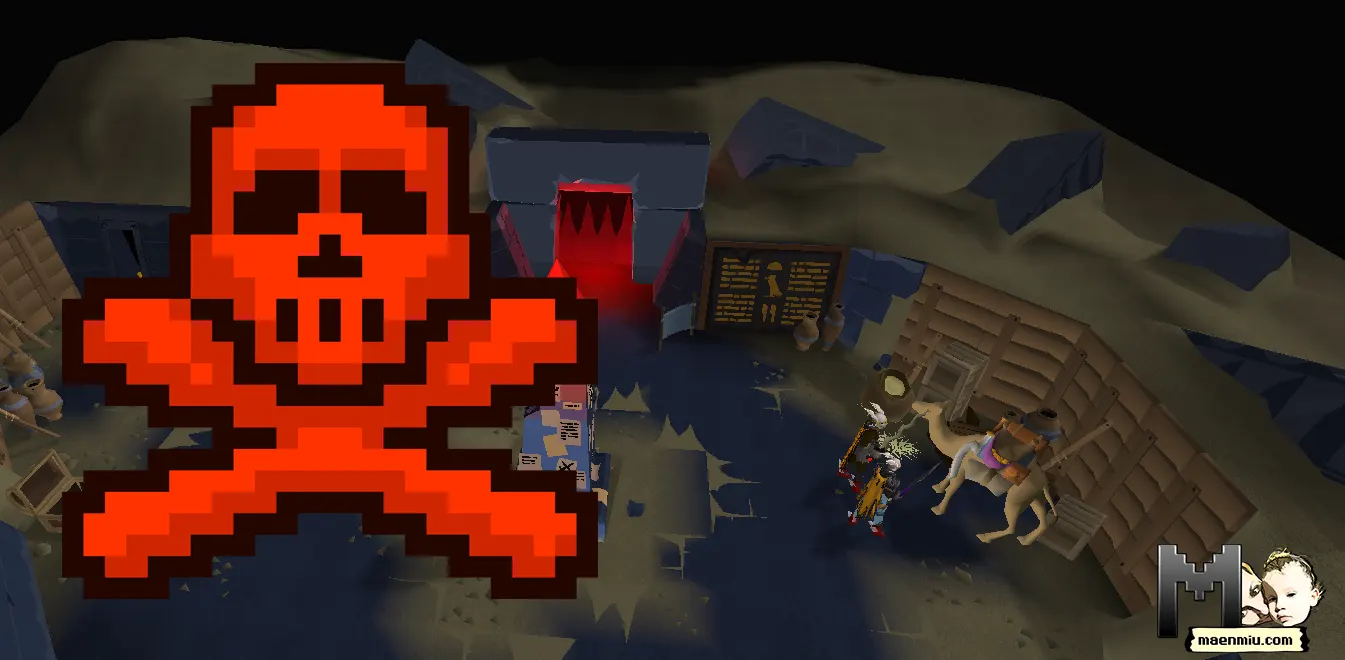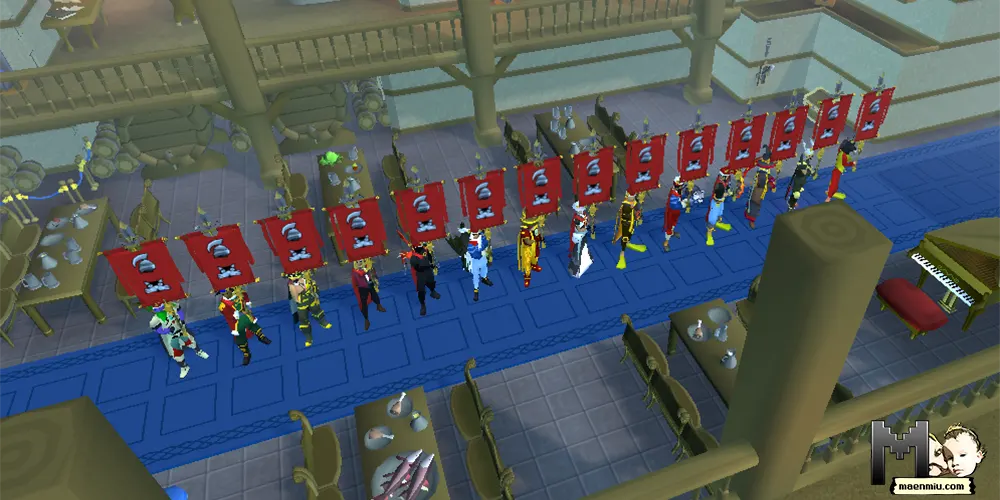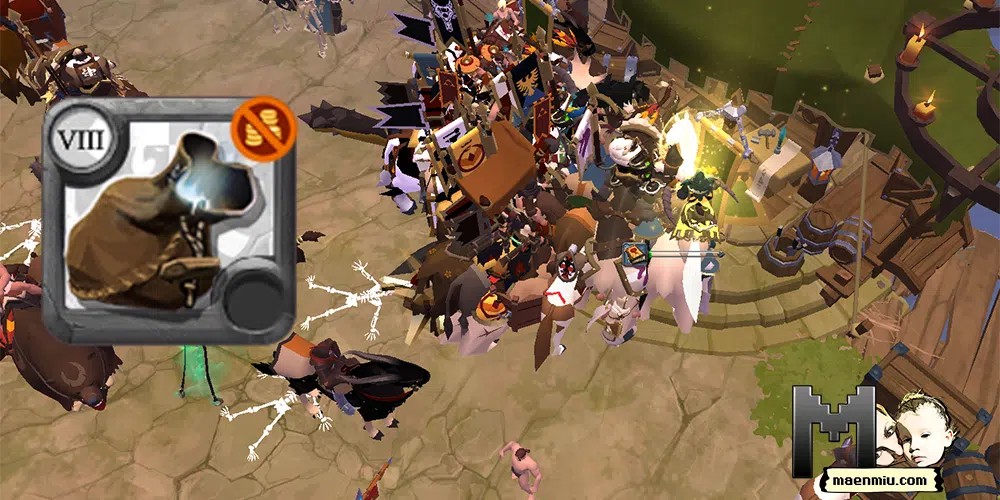
Albion Online is renowned for its player-driven economy and immersive gameplay. Like all MMO economies, Albion Online’s is sensitive to supply and demand shifts. However, it is equally vulnerable to significant market disruptions, such as the sudden introduction of a massive influx of currency. This article will examine the hypothetical scenario where a player introduces over 15 billion into the game overnight, outlining the potential implications and destabilising effects this could have on the game’s market and broader ecosystem.
You might like
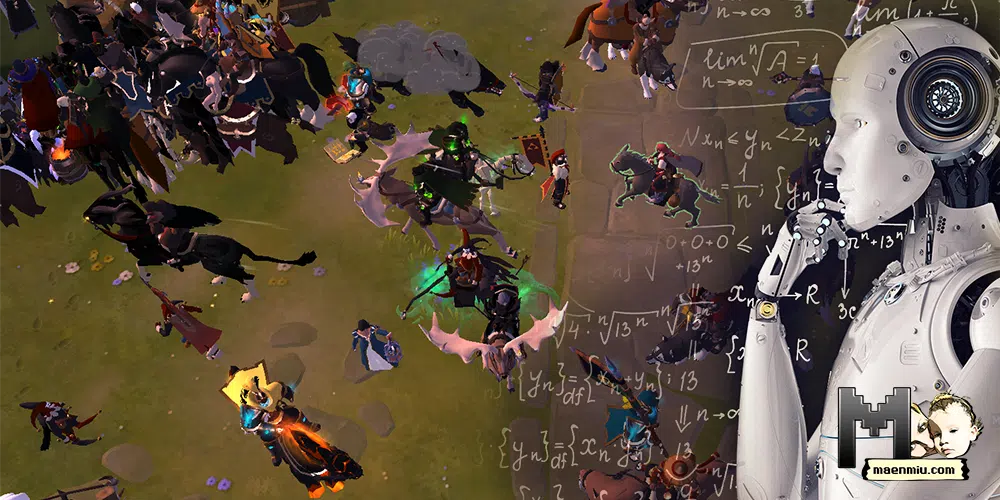
Inflation and Market Destabilisation
First and foremost, the overnight introduction of 15 billion would lead to a drastic increase in the game’s money supply. This sudden injection of currency would likely lead to rampant inflation, a common phenomenon in real-world economies and virtual ones. In this case, each unit of currency would be worth less, as the overall pool of money increases. Consequently, item prices would skyrocket, making goods and services within the game less affordable for the average player.
Shift in Power Dynamics
The player who introduces this substantial amount of currency overnight could create a power dynamic shift within the game. By possessing a huge proportion of the game’s wealth, they would have the ability to control market prices by buying items in bulk and setting higher prices. This would tilt the game’s balance heavily in their favor, potentially creating an unequal playing field and impacting the game’s competitive nature.
Disruption of the Grinding Mechanism
In Albion Online, players usually earn currency through various activities like farming, crafting, and defeating enemies. This ‘grinding’ process is vital for the game’s progression system. However, the sudden influx of 15 billion could devalue these activities, as the in-game currency becomes easily available. This could disrupt the incentive structure of the game, resulting in decreased player engagement and dissatisfaction.
Decreased Player Motivation and Satisfaction
As mentioned earlier, the sudden introduction of an excessive amount of money could potentially undermine the motivation for players to continue ‘grinding’. With prices inflated and the value of earned currency diminished, players might feel discouraged and less satisfied with their in-game achievements. This may lead to a reduction in player retention rates and overall engagement with the game.
Potential Measures to Mitigate Impact
In the face of such disruption, the game developers would likely take action to restore balance. This could involve introducing ‘gold sinks’—features designed to remove currency from the game’s economy. These could include higher taxes, more expensive items, or new services that require spending in-game currency. However, these measures might take time to implement and could result in further short-term instability.
Gold
Gold is the premium currency in Albion Online and plays a crucial role in the game’s economy. If someone were to buy all the gold in Albion Online, it would have profound and far-reaching impacts on the game. Here’s what might happen:
Gold Value Skyrockets
If one player monopolizes all the gold, the law of supply and demand would kick in. With a drastically reduced supply and a steady or increasing demand, the value of gold would skyrocket. Players would have to pay much more in-game silver (the standard currency) to get gold, and this could potentially price out many players.
Market Distortion
In Albion Online, gold can be used to purchase premium status and various cosmetic items. With all the gold concentrated in one player’s hands, they could control the pricing and availability of these premium features, distorting the market significantly.
Gameplay Imbalance
The player owning all the gold would have a considerable advantage, as they could dictate terms to other players. They could control the exchange rate between gold and silver, skewing the game’s economy to their favor and causing a significant imbalance in gameplay.
Decreased Player Motivation
Such an event could demotivate other players. If they cannot acquire gold, they may feel that they’re at a significant disadvantage, which could lead to decreased player retention and satisfaction.
Developer Intervention
In a situation like this, the game’s developers would likely step in to mitigate the situation. They could introduce measures like gold sinks to redistribute gold or reset the economy. This intervention might be necessary to preserve the game’s balance and fairness.
Unlikely scenario?
It’s worth noting that this scenario is highly unlikely. Most game economies are designed with safeguards to prevent a single player from amassing all of a particular resource or currency. Nevertheless, this hypothetical situation underscores the importance of balance and fairness in multiplayer game economies.
The overnight introduction of 15 billion into Albion Online would have far-reaching effects on the game’s economy and player experience. From inflation to a shift in power dynamics, and from disruption of the grinding mechanism to decreased player motivation, the consequences could potentially be severe.
Such a scenario underscores the importance of maintaining equilibrium in a game’s economy, highlighting the delicate balancing act developers must perform. It also offers a fascinating insight into how virtual economies mirror their real-world counterparts, with lessons to be learned about the consequences of economic disruption.
I created this article with the partial assistance of an AI tool. Learn about my view on AI and why I’m telling you about it.

